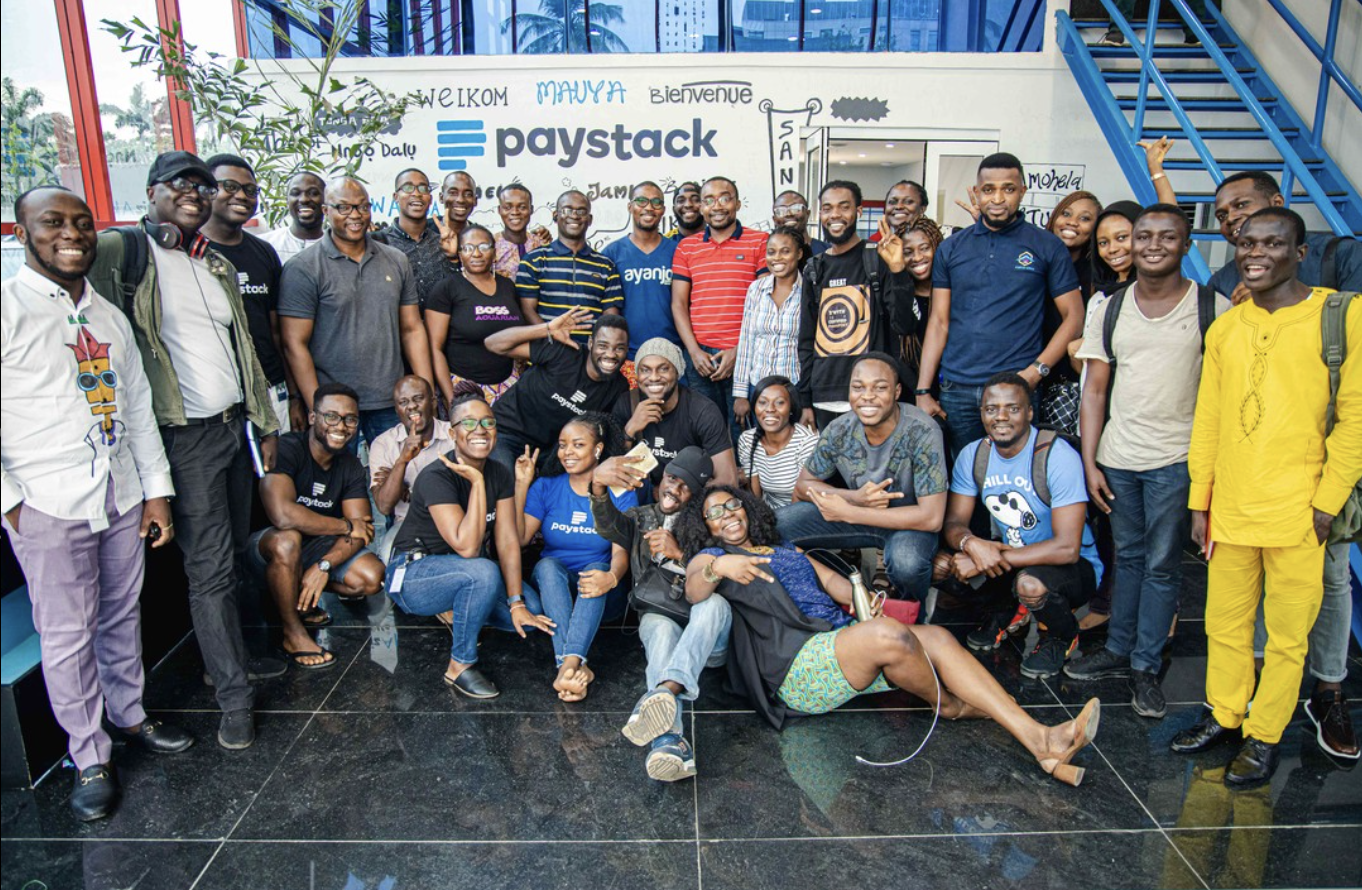The $200 Million Exit: Decoding Paystack's Journey to Success

Udokanma Georgewill
June 19, 2024

If you’re in the startup scene, then it should not be news that Paystack, a Nigerian fintech company, has become a shining star in Africa's startup scene. Founded in 2016 by Shola Akinlade and Ezra Olubi, Paystack quickly carved a niche by streamlining online payments for businesses across Africa.
An underdeveloped online payment infrastructure limited Africa's online commerce scene prior to Paystack's emergence. Traditional methods for processing payments were not only inconvenient and cumbersome, but they also failed to prioritize essential security features, leaving consumers vulnerable. Shola and Ezra, with their keen interest in computer technology, were keenly aware of these shortcomings, having encountered them firsthand. This realization, coupled with their vision for a more secure and user-friendly payments platform, catalyzed the creation of Paystack. Their innovation had the potential to transform the online marketplace across Africa.
Paystack’s Early Traction
Paystack's founders had big dreams. In 2016, they shattered the ceiling for Nigerian startups by becoming one of the first to be accepted into Y Combinator, the revered Silicon Valley accelerator. This prestigious acceptance was a turning point. It wasn't just the fat check that fueled their growth, Y Combinator provided mentorship from seasoned tech veterans who had built empires in the industry. This group of experts offered invaluable guidance on navigating the complex startup landscape and scaling a company for global impact. Paystack also gained a platform on the world stage, a chance to showcase their innovative ideas and attract talent beyond Nigerian borders.
With a revolutionary product and a strategic vision for unlocking Africa's economic potential, Paystack's growth trajectory was nothing short of astounding. They were not picky about who they helped, their mission was to empower businesses of all sizes to thrive online. From fledgling startups testing the waters of e-commerce to established enterprises looking to streamline their payment systems, Paystack catered to ‘everyone’. But their commitment went beyond simply offering a product. They built a reputation for exceptional customer service, ensuring a smooth onboarding process and ongoing support. This, coupled with their relentless focus on product development, constantly adding new features, and staying ahead of the curve, solidified Paystack's position as an indispensable player in Africa's digital revolution. They weren't just a payment gateway, they were a one-stop shop for businesses looking to capitalize on the growing online marketplace.
Stripe’s strategic acquisition
Paystack's remarkable journey culminated in a landmark acquisition in 2020. Stripe, a global payments giant, scooped up the Nigerian fintech startup for a staggering sum exceeding $200 million. This deal shattered records, becoming Nigeria's largest tech startup acquisition. The hefty price tag underscored two things: the immense potential of Paystack's innovative solutions and the flourishing African fintech market.
Stripe's acquisition wasn't just a win for Paystack's founders and investors, it sent a powerful message across the globe. It signalled that Africa was a breeding ground for talented tech entrepreneurs and a market full of potential. This billion-dollar deal served as a major catalyst, attracting significant interest and investment to the African fintech space and paving the way for an innovation-driven future.
To date, a couple of people are still wondering how, why and what Paystack did differently. Well, here's what we think sets the company apart;
- Paystack addressed a fundamental bottleneck that was hindering the growth of Africa's digital economy. Traditional payment methods were cumbersome and filled with security vulnerabilities, discouraging consumers and businesses from participating in online transactions. Paystack's founders understood this challenge deeply, and their solution was a user-friendly platform that streamlined the online payment process while prioritizing robust security features. This innovation empowered businesses to accept payments seamlessly and fostered trust among consumers, paving the way for a flourishing e-commerce ecosystem across Africa.
- From the get-go, the focus on user experience at both ends of the transaction solidified Paystack's reputation as a user-centric company that truly understood the needs of the African market. Their platform was designed with both businesses and their customers in mind. For businesses, integration with Paystack was a breeze. No more wrestling with complex code or outdated systems. Paystack's user-friendly tools allowed businesses to seamlessly integrate online payments into their existing operations, freeing them to focus on what they do best: selling their products or services. On the customer side, Paystack ensured a smooth and intuitive checkout process. Gone were the days of confusing layouts and frustrating error messages. Paystack's platform made online payments feel effortless, building trust and encouraging customers to complete their purchases.
- Unlike some fintech players who prioritized speed over security, Paystack recognized that trust is the bedrock of any successful African marketplace. Their firm commitment to adhering to local regulations ensured the security of financial transactions, providing a safe and secure space for both businesses and consumers to participate in the digital economy. This focus on compliance wasn't just about checking boxes, it was a deliberate strategy that addressed the continent's history of financial insecurity.
Strategic decisions, like expanding their offerings and streamlining onboarding processes, propelled their growth. The added boost from Y Combinator's mentorship provided them with invaluable guidance and connections, further solidifying their position as a frontrunner in African fintech.


